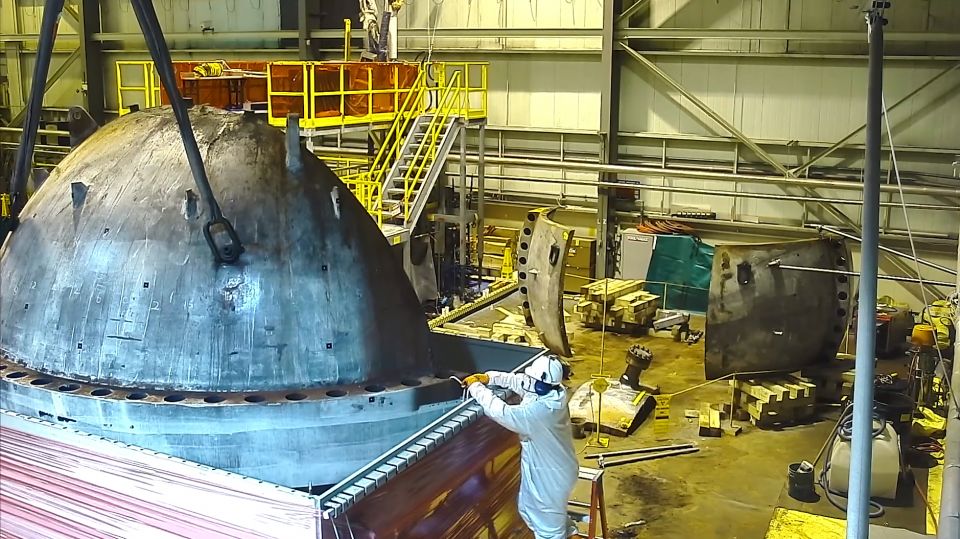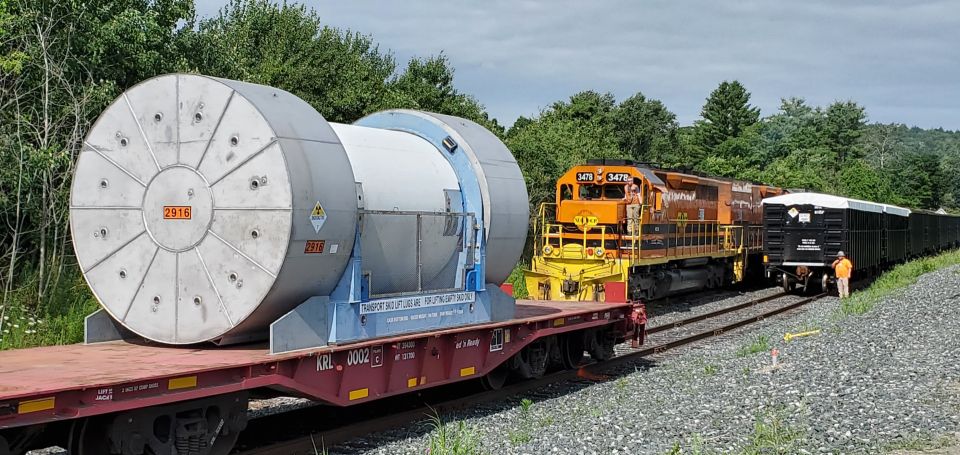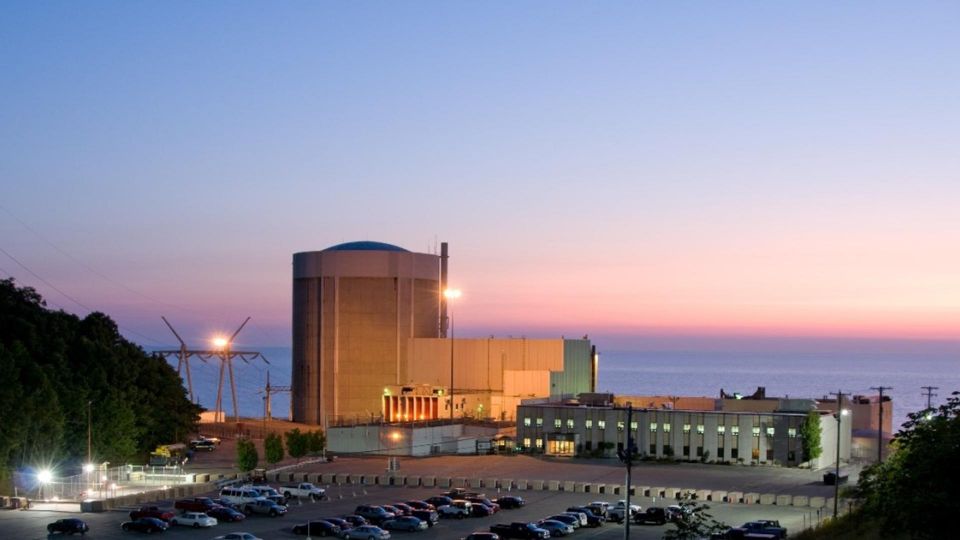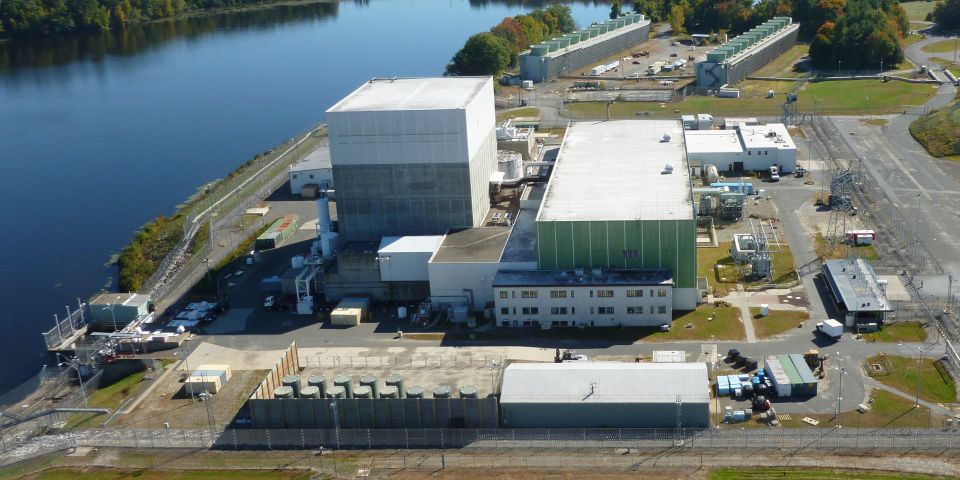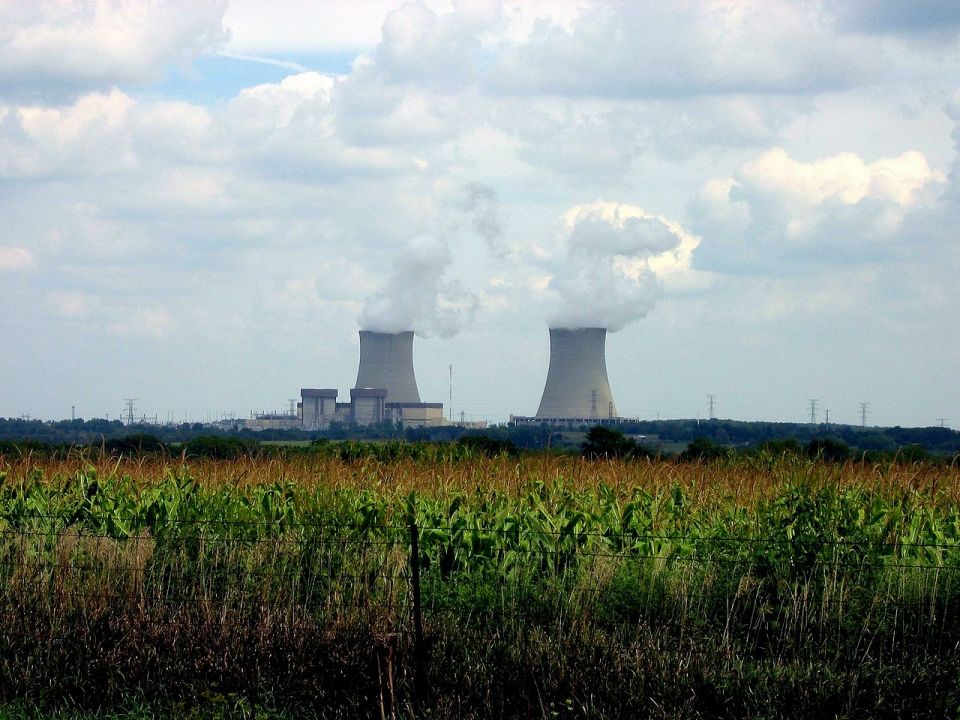Reflections on Vermont Yankee - 3
This is the last of the three-part series presenting the opinions of nuclear industry experts on the closing of Vermont Yankee. Thank you to Dan Yurman for helping to coordinate all of the authors/articles in this three-part series.
----------
Failure to Politically Engage - Howard Shaffer, PE
A Republican State Senator, a supporter of Vermont Yankee said in the Senate , as quoted in the press, that [paraphrased]: If the opponents had invaded Entergy Vermont Yankee's Board, they could not have done a better job of defeating the plant than the plant did to itself. The senator was part of a debate over a vote that would block the State's Certificate of Public Good process and essentially force the plant to shut down.
Unfortunately, Entergy Vermont Yankee carried through with the industry's error of misunderstanding the campaign against the plant as a technical and legal policy debate, as opposed to recognizing it for what it truly was-a bare knuckle political campaign.
The utility did not do things it should have, and did do things to make the situation worse. "Due diligence" on the politics of Vermont had not been done. Here's a short list of the basic campaign rules that were violated:
- "All politics are local." - Tip O'Neil, former Speaker of the US House of Representatives.
- "A charge unanswered is a charge believed." - former US Senator Simpson of Wyoming.
- Decisions are made by those who show up.
- Know who your opponents are, as well as their backgrounds.
- Be the first to get negative information about you into the media. You get to define the issue, not your opponents.
- Use every means possible to reach the public.
- Explain technical issues in words the public uses. Do not use definitions of words created for the technology to finesse issues when testifying. It looks like you are trying to hide something.
- Recognize your situation. If you must legally report all negative information to regulatory agencies, know that your opponents will be waiting for it, in order to spin it their way. (See the fourth rule, above.)
- Recognize that a commitment of resources is needed to win. A tough campaign may require more than originally planned. Calculate the cost of losing before limiting resources.
- Full engagement during the campaign is better than trying to salvage defeat in court.
________________________
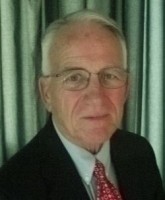 Howard Shaffer PE. 2001 ANS Congressional Fellow. Senior Systems Engineer, Public Speaker, Public Outreach, Startup Engineer, Submarine Engineer Officer. Coordinator ANS Vermont Grassroots Project.
Howard Shaffer PE. 2001 ANS Congressional Fellow. Senior Systems Engineer, Public Speaker, Public Outreach, Startup Engineer, Submarine Engineer Officer. Coordinator ANS Vermont Grassroots Project.
----------
Vermont Yankee Shuts Down for Good - Dan Yurman
A combination of "wholesale market flaws" and delusional granola politics combined to produce a squeeze play that forced Entergy to cease operations on 12/29/14 at the 602-MW boiling water reactor after 42 years of operation.
The plant produced 72 percent of the electricity generated in the state. However, most of that electricity was sold throughout New England.
Although the Nuclear Regulatory Commission had granted the reactor a 20 year extension on its license in 2011, until 2032, Entergy said that the high cost of operation combined with repeated attacks on it from a regulatory angle by the state of Vermont caused the utility to make the decision last August to close it 18 years early.
Anti-nuclear sentiment may have also played a role, but it is questionable whether it was decisive in Entergy's view.
Vermont's governor, Peter Shumlin, was elected in 2010 on a pledge to shut down the plant when its current license expired. He made unverifiable claims that Vermont, like Germany, could get 30 percent of its electricity from solar power. These off-the-wall statements played well to some Vermonters' "off-the-grid" lifestyle politics.
The Vermont legislature and general public opinion were also stacked against the plant. And the business community from granola makers to famous ice cream manufacturers, whose own plants depended on electricity from the reactor, lined up at public meetings to attack it.
Entergy, which is a Louisiana business, never got a sense of how to deal with New England greens. Visual props, such as the plant's partial collapse of a wooden structure for discharge of cooling water, provided endless opportunities for anti-nuclear groups to spin the public case against the plant. Never mind that the water wasn't radioactive and was permitted by the state of Vermont to be returned to the same river from which it came.
In addition, record low prices for natural gas had an impact on the rate at which electricity from the plant could be sold into regional grids.
Entergy said, "Wholesale market design flaws resulted in artificially low energy prices ... and do not provide adequate compensation to merchant nuclear plants for the fuel diversity benefits they provide."
A translation of the investor language from Entergy is that it could not compete with the low gas prices, and there was no way to recover value, nor earn revenue, for the firm based on the carbon emission reductions it provided to the region.
___________________
 Dan Yurman blogs at Neutron Bytes and is a former reporter for Fuel Cycle Week.
Dan Yurman blogs at Neutron Bytes and is a former reporter for Fuel Cycle Week.


